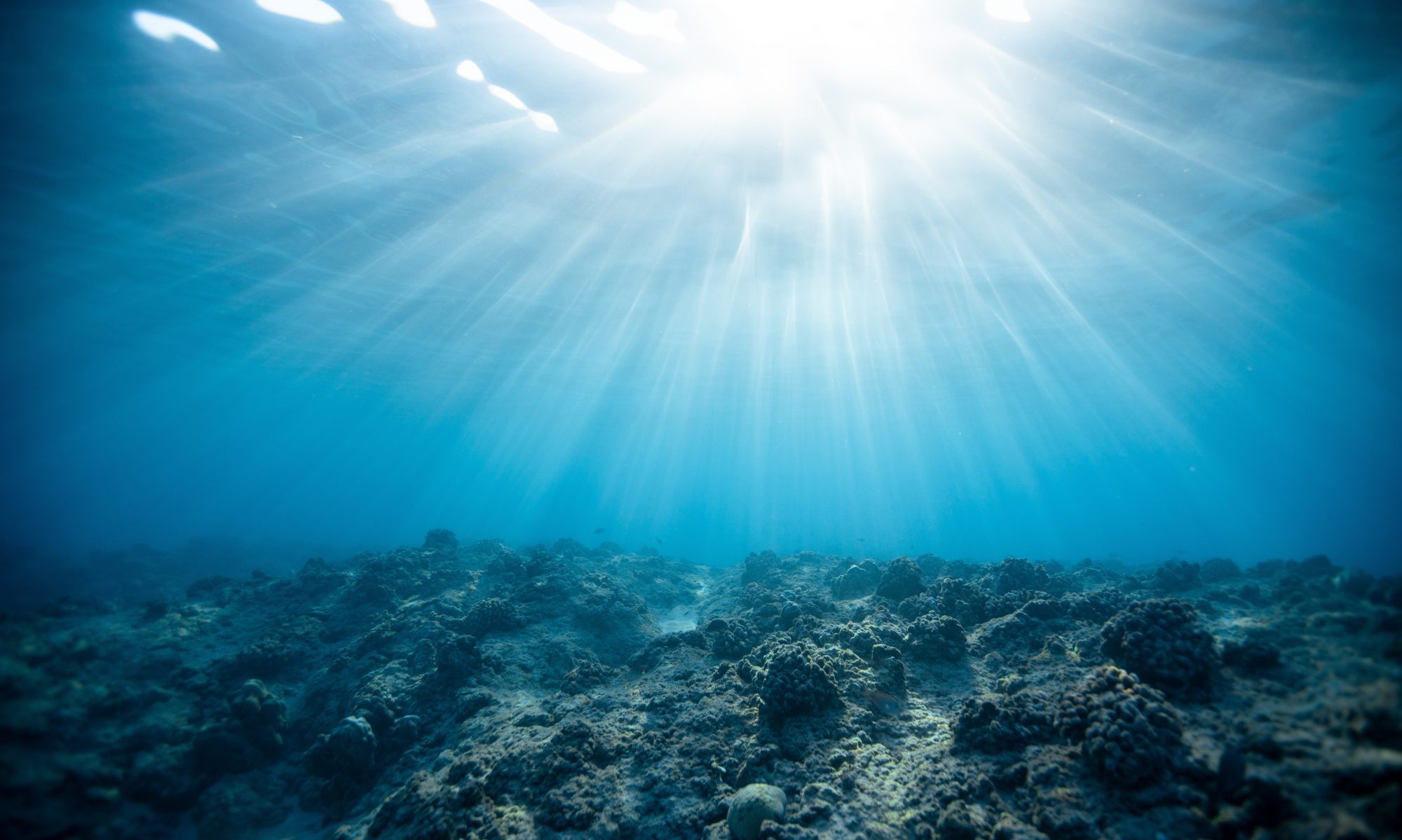The resilience concept was introduced in an ecological context as the amount of disturbance that an ecosystem could withstand without changing self-organized processes and structures. Resilience concepts are being increasingly applied to coral reefs in the Caribbean, Indo-Pacific and other parts of the world. Large numbers of people in the Western Pacific are highly dependent on coral reef ecosystem services. However, most coral reef ecosystems are under severe threat from natural and anthropogenic disturbances, particularly coral bleaching events. Major coral bleaching phenomena have led to widespread coral mortality in the last three decades. The assessment of coral reef resilience to climate change is an important task for coral reef studies. Some coral reef resilience assessments are not practical for developing countries in the Western Pacific but some researchers developed practical resilience indices. A case study on quantitative assessment of coral reef resilience was conducted at twenty study sites in the Gulf of Thailand and the Andaman Sea, following the 2010 severe coral bleaching event. The resilience assessment was based on the percentage of non-bleached coral colonies, the percentage of surviving coral colonies and the density of juvenile corals. The results showed that coral reef resilience varied greatly among the study sites and major reef groups according to their community structure, largely due to the differing bleaching resistance and tolerance of the dominant coral species. Recent studies revealed that the speed of coral recovery from a first round of bleaching event contributes strongly to sensitivity to a second round of bleaching event. Some naturally occurring climate-resilient corals were used for coral restoration projects. The compiled coral abundance data from over 2,548 Indo-Pacific reefs to evaluate the influence of 21 climate, social and environmental drivers on the ecology of coral communities showed that high abundances of corals were typically associated with several factors, including weaker thermal disturbances and longer intervals for potential recovery, slower human population growth, reduced access by human settlements and markets, and less nearby agriculture. Resilience-based management and some management strategies have been proposed for coral reef management and conservation.
Keywords: climate change, coral reef, disturbance, resilience, Western Pacific
